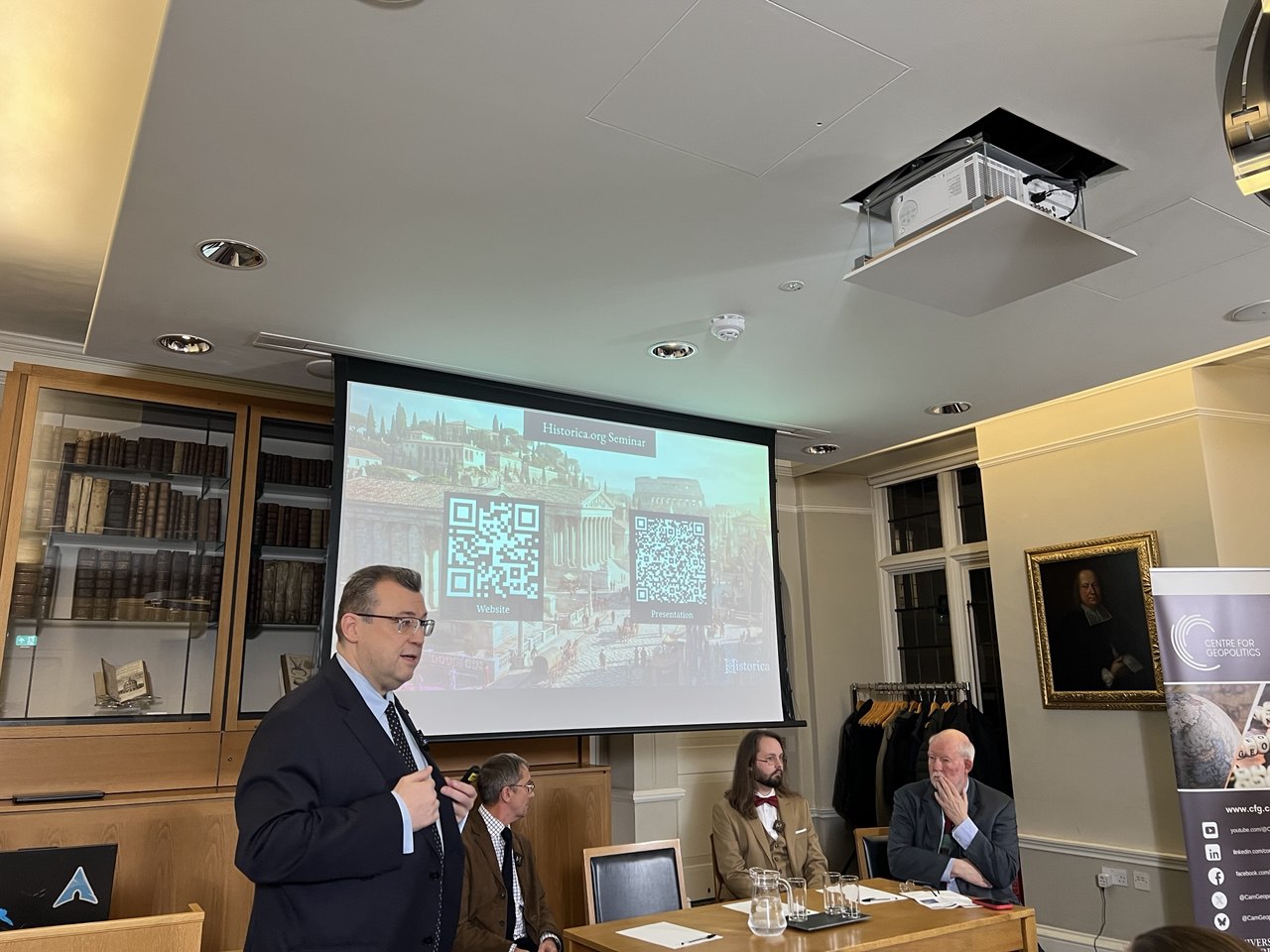We are looking for Fullstack Engineer (Python, JavaScript)
We are developing an innovative web application that combines interactive historical maps with a comprehensive aggregator of historical sources, including texts, maps, and datasets. Our mission is to provide users with an engaging platform to explore history in a format that suits their needs. We are currently conducting research with historians and other experts to better understand user needs, and we are looking for an experienced Fullstack Engineer to join our team and help bring our MVP from prototype to production.
Experience: 3+ years
Job type: FULL/PART-TIME
Location: Cyprus/Remote.
Requirements:
- 3+ years of commercial experience with Python (FastAPI/Flask/Django);
- Strong experience with JavaScript and frontend frameworks (Vue.js/React);
- Proficiency in RESTful API development and integration;
- Experience working with databases (PostgreSQL, MongoDB, etc.);
- Solid understanding of AWS or other cloud providers;
- Experience with microservices architecture;
- Familiarity with CI/CD pipelines;
- Proficiency in English and Russian.
Nice to have:
- Experience in GIS development, including working with mapping libraries (e.g., Leaflet, GeoDjango, PostGIS);
- Experience with cloud platforms (AWS, Google Cloud, Azure);
- Experience in Data Engineering, including ETL pipeline design and implementation.
Responsibilities:
- Develop and maintain the backend using Python (FastAPI, Flask, or Django);
- Build and integrate interactive historical maps using Python/JavaScript and GIS libraries;
- Design and implement RESTful APIs for data integration;
- Manage and deploy infrastructure on AWS;
- Troubleshoot and resolve issues as they arise.
Please send your CV to https://t.me/aserbinova




.webp)
